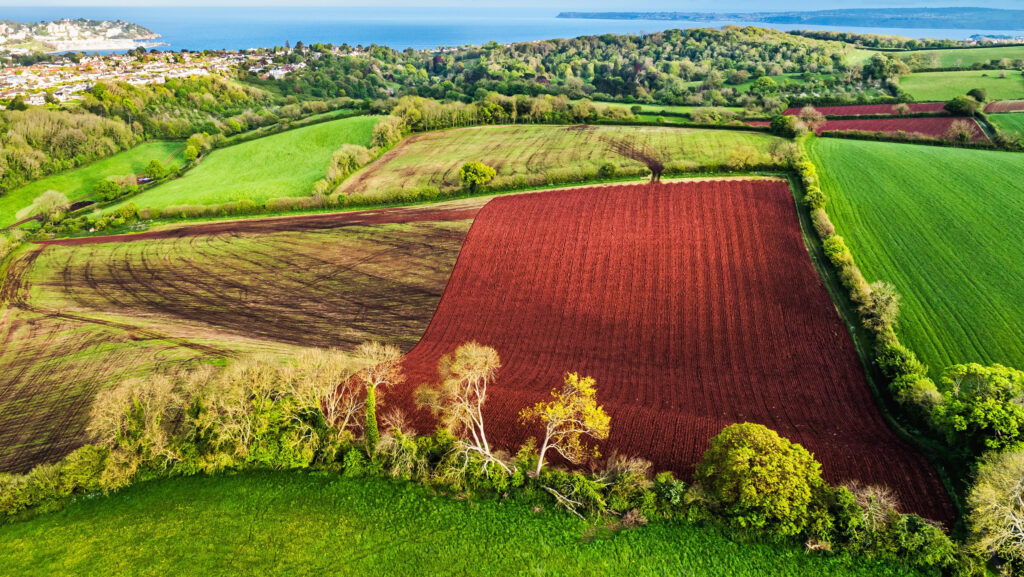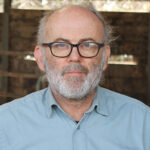Opinion: Dyson’s figures show farming is unlike other industries
 © Adobe Stock
© Adobe Stock What are we supposed to make of the latest announcement from Britain’s biggest farmer, Dyson Farming Limited, that in the year to 31 December 2023, the company increased its profit from the previous year by £520,000 to £5.2m?
Is this financial result impressive or actually very disappointing?
As we all know, since 2013, Sir James Dyson, a successful industrialist who has become one of the UK’s most wealthy citizens, has invested hundreds of millions of pounds in more than 16,000ha of some of England’s finest farmland.
See also: Opinion – I’ve come to the conclusion I’m incurably grumpy
I suspect that, like me, most farmers have been asking themselves why on earth Dyson would do such a thing, given how notoriously difficult it is to extract a profit from farming.
Some have speculated that his farming is all a giant tax-planning exercise whereby the billionaire has parked a small part of his accumulated wealth to take advantage of UK farmland’s exemption from inheritance tax (IHT).
But, even if tax considerations were part of Dyson’s motivation, he need not have farmed the land himself as he could have rented it out and still qualified for the IHT relief.
So I’m inclined to believe Dyson when he says he has long wanted to be a farmer.
After all, there must be easier ways to avoid inheritance tax than investing in a farm business that now produces 40,000t of wheat, 9,000t of spring barley, 12,000t of potatoes, 29,000t of sugar beet, enough crops to feed an anaerobic digester that produces enough electricity for 10,000 homes and, perhaps most mind-boggling of all, 1,250t of strawberries a year.
So, after 10 years of hard work creating this farming behemoth, how profitable is it?
Dyson says his farming is an extension of his manufacturing enterprise as both farming and manufacturing are “about machinery, mechanics and science”.
But while Dyson has made a fortune from his manufacturing business, profits from his farming enterprise have so far been more modest.
A net annual return of £5.2m on an investment in land, machinery, biodigesters, crops and livestock that must surely now approach £500m is not exactly a rip-roaring return.
And would the “farming” be profitable at all if it were not for the inclusion in the trading figures of £10.87m in sales of renewable energy and an income of £3.32m from rental land and investment property?
Perhaps Dyson is still investing very heavily in his farming and this is the reason for the low profitability?
Or is he, in fact, just the latest in a long line of successful businesspeople who is finding out the hard way that farming is not quite like other industries?
I remember once reading an interview (or perhaps it was an excerpt from his autobiography) with Sir Charles Clore, a brilliant retail magnate who bought 6,500ha of farmland in Herefordshire in the 1960s.
He said that farming defied the rule of the other businesses that he had run, which had always become profitable provided enough money was invested in the latest technology.
But, when it came to farming, the more concrete he poured, the more buildings he constructed, the more machinery he purchased and the more he paid in high salaries to his highly academically qualified farm managers, the worse the business performed.
So, let’s just hope for Dyson’s sake that he’s not the latest Clore.

